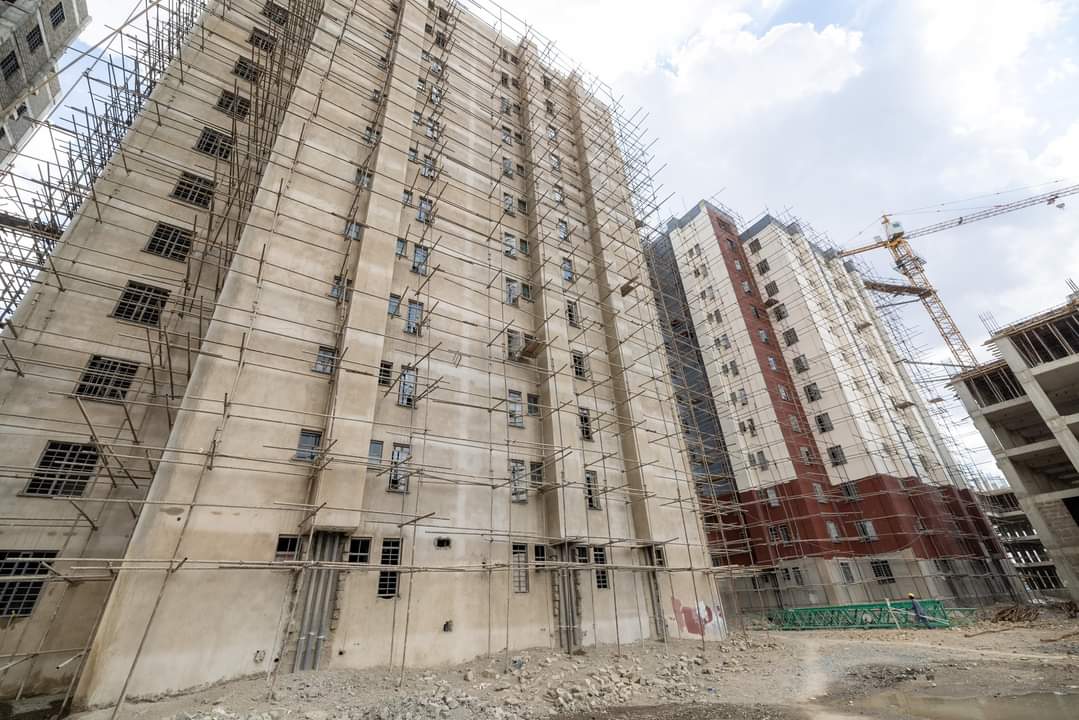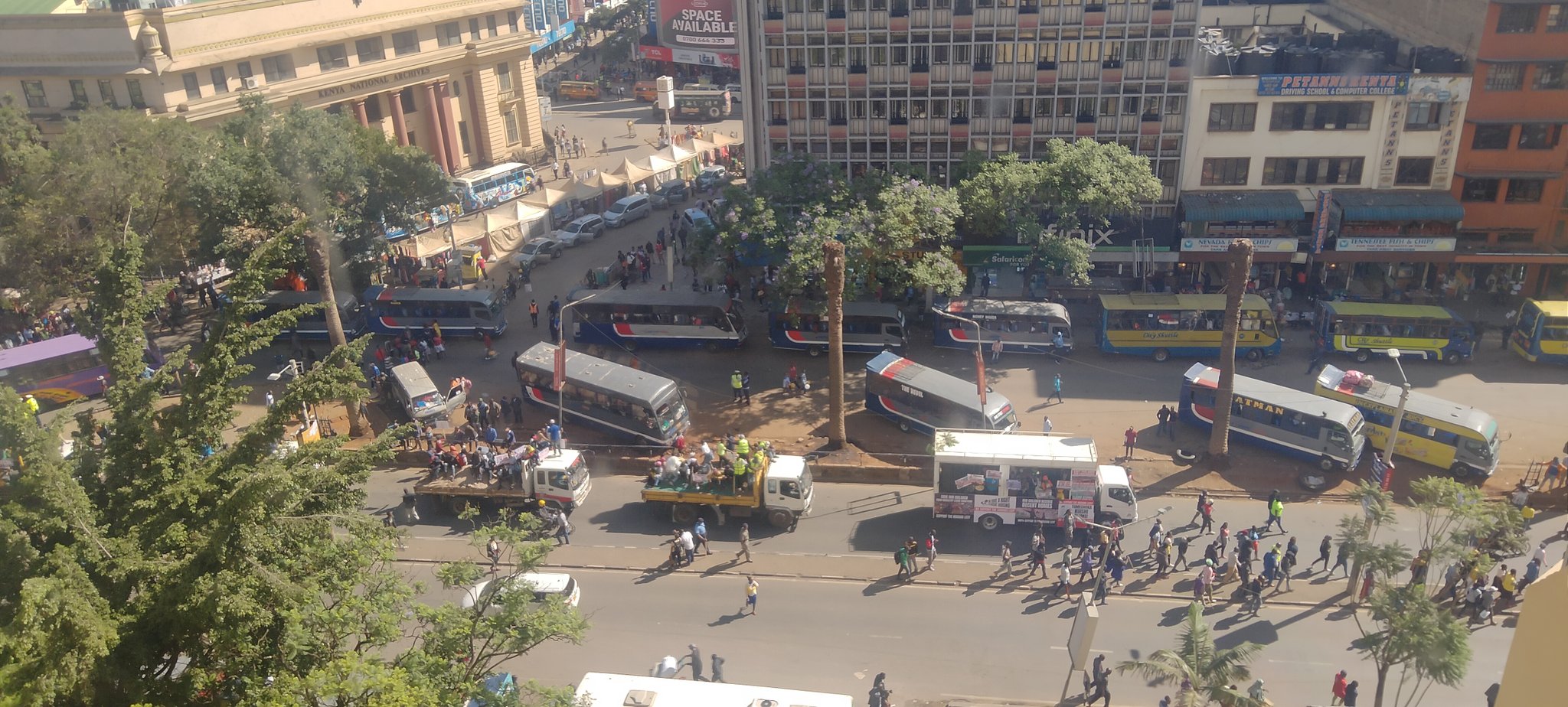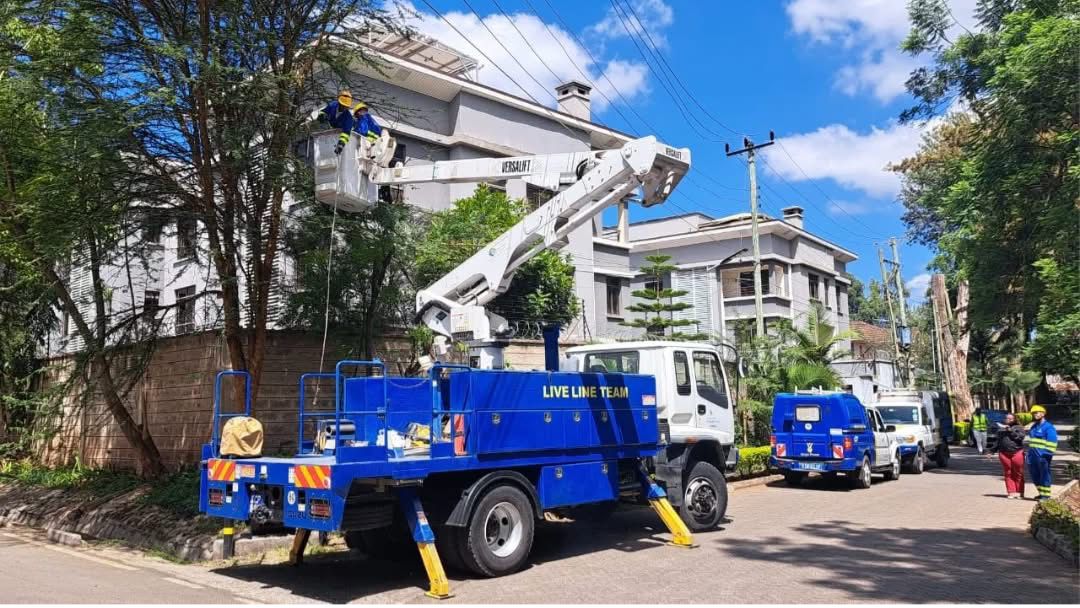Hundreds of people have staged protests in the Nairobi Central Business District (CBD) supporting the housing policy implemented by President William Ruto.
Protestors were armed with banners and stickers while chanting in support of the implementation of the Affordable Housing Levy.
The protesters who thronged various Nairobi streets were made up of community-based organizations, jua kali workers, and residents from informal areas.
Their peaceful protests commenced at Parliament buildings.

Read More
According to messages printed on their banners, the Affordable Housing scheme was essential in addressing the issue of slums in the city. They argued that the program was key to giving them decent places of living.
The agitated protestors argued that court cases were meant to sabotage the program and deny them a chance to get decent homes as envisioned by President Ruto.
Holding of the protests came after High Court judges issued orders against the enforcement of new social housing.
The ruling temporarily halted the deduction of a 1.5 percent housing levy from workers’ gross monthly salaries.
Speaking at the 5th Congress of the International Trade Union Confederation-Africa in Nairobi, President Ruto said the aim of the affordable housing project was not only to provide houses for Kenyans but also to create employment opportunities.
The President promised to resolve the legal issues surrounding the Housing Levy that was intended to fund the project.
“My plan is that by 2027, you will have half a million people working. That is the plan. I know the court has said we should go and adjust the law to make it appropriate, we will do that so that 120,000 people can become 200,000 and 500,000 working in the next five years,” he said.
However, Kenyans will continue to pay the housing levy after the High Court suspended its earlier ruling that the law was unconstitutional until January to allow the government to appeal to the Court of Appeal.





-1682583910.jpg)
